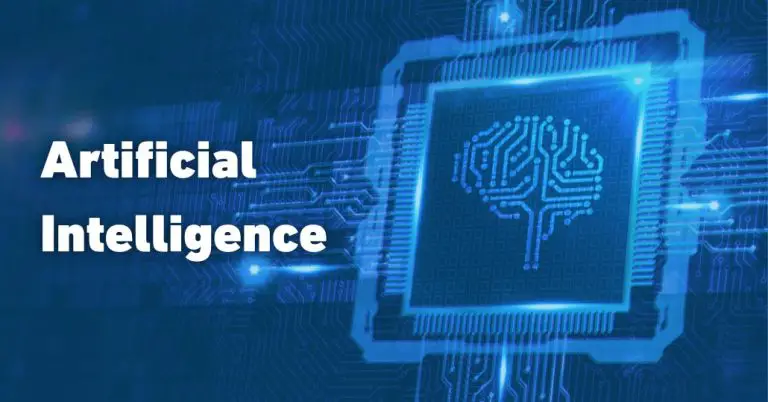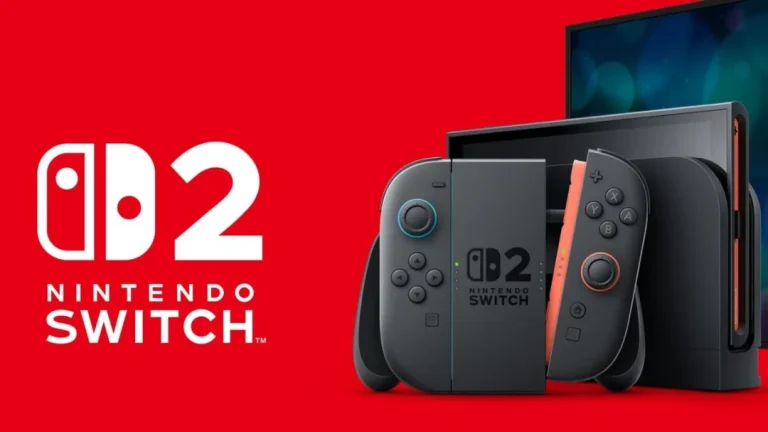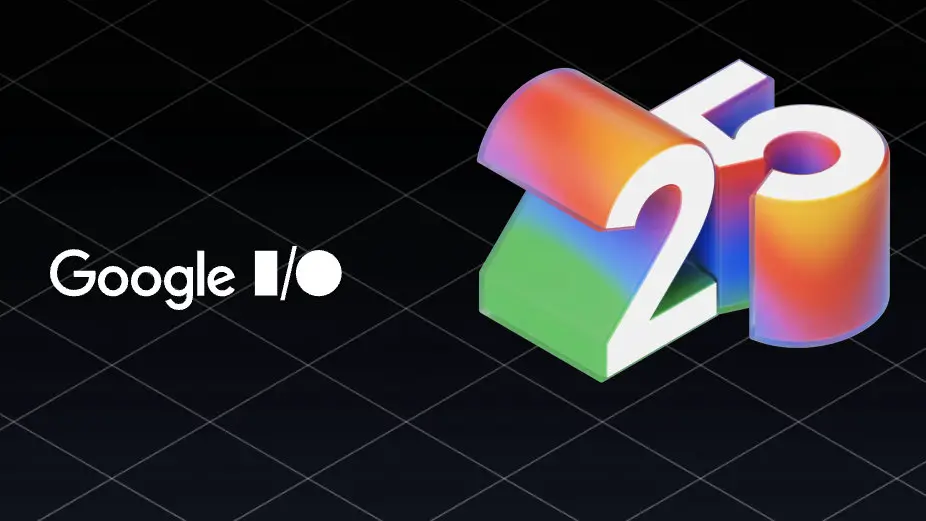
Google’s I/O 2025 keynote was packed with major AI news. It shows how artificial intelligence is becoming central to everything Google does, from search and communication to creative tools and hardware. Below are the biggest announcements at Google I/O 2025.
AI Mode for Search Rolls Out Nationwide
In the Google I/O 2025 event, Google announced that it is making its new AI-powered Search Mode available to everyone in the U.S. This feature can be accessed as a new tab in Search and the Google app. It allows the user to interact with the Gemini AI chatbot to get deeper, more fine answers than traditional search. AI Mode can break down your queries into subtopics, run several searches at once and synthesize the best results for you. Over the summer, Google plans to test new features like deep search, finance and sports chart generation and even shopping directly within AI Mode.
Project Starline Evolves into Google Beam
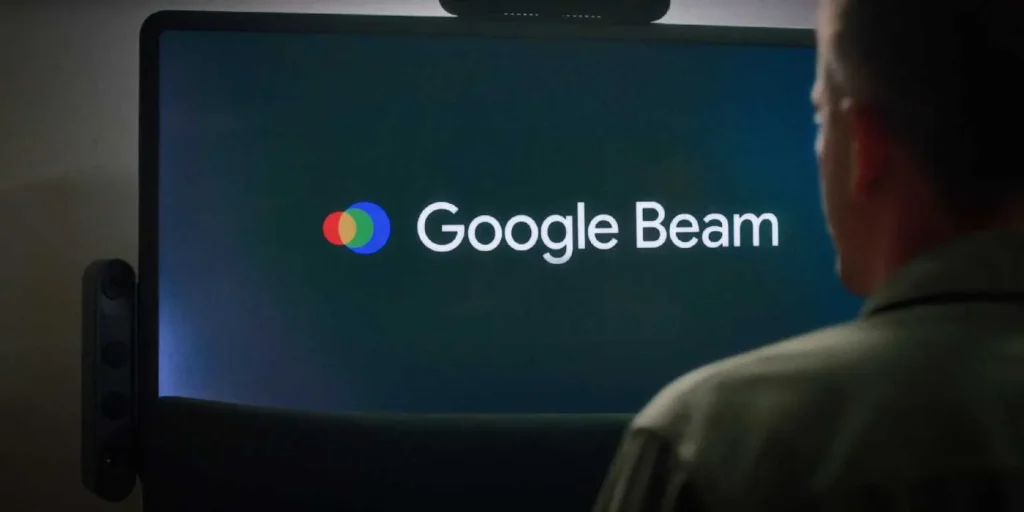
Project Starline, Google’s experimental 3D video chat booth, is now Google Beam. The system uses a light field display and six cameras to create a 3D, almost holographic, video call experience. The first Beam devices, built in partnership with HP, will be available to select enterprise customers later this year. Companies like Deloitte and Salesforce are already planning to add them to their offices. This move signals Google’s intent to bring lifelike remote communication to the workplace, potentially transforming how teams collaborate across distances.
Imagen 4 and Veo 3: Next-Gen AI for Images and Video

Google’s latest AI image generator, Imagen 4, now produces higher-resolution images (up to 2K). It manages text in images more accurately and supports several formats like square and landscape. Veo 3, the new video generator, can create videos with synchronized audio including dialogue and background sounds based on natural language prompts. Veo 2 also gets upgrades like camera controls and object removal. This makes it easier for creators to fine-tune their videos.
Flow: Google’s New AI Filmmaking App
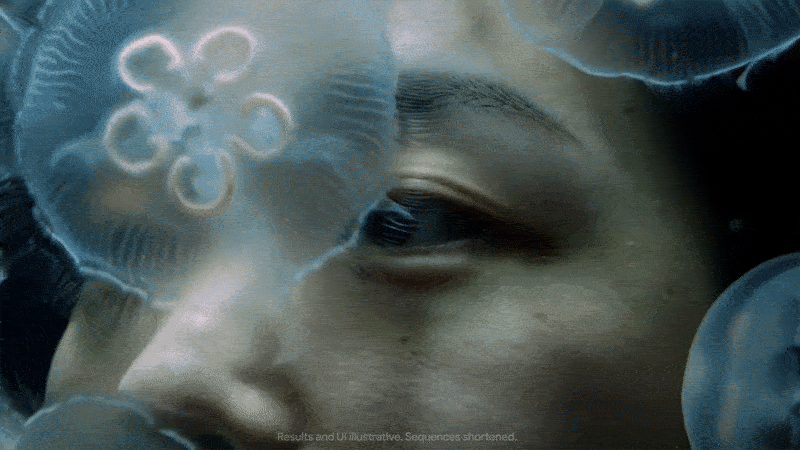
Google introduced Flow, an AI-powered filmmaking tool that merges the strengths of Veo, Imagen, and Gemini. Flow lets users generate eight-second video clips from text or image prompts and stitch them together into longer stories. It is designed for creators who want to quickly visualize ideas or prototype scenes. Also it includes tools for camera movement, scene building and asset management. Flow is initially available to U.S. subscribers of Google AI Pro and Ultra plans.
Gemini 2.5 Pro and Flash: Smarter, Faster AI
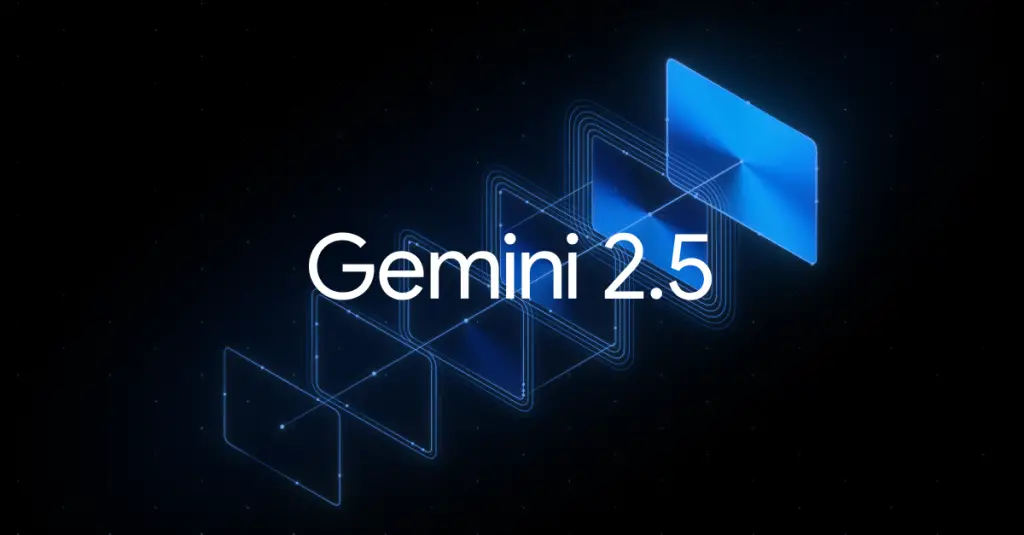
The new Gemini 2.5 Pro model introduces an “improved” reasoning mode, called Deep Think, for complex math and coding queries. This mode can consider several hypotheses before responding. This makes it more reliable for modern tasks, though it’s currently limited to trusted testers. The cost-efficient Gemini 2.5 Flash model is now available to all Gemini app users, with improvements rolling out soon.
Gemini Comes to Chrome and Beyond

Gemini, Google’s AI assistant, is being integrated directly into Chrome. Starting May 21, AI Pro and Ultra subscribers can use Gemini to summarize and clarify information across web pages and help navigate sites. Later this year, Gemini will be able to work across multiple tabs at once. This makes web browsing more efficient.
Project Astra Gets More Proactive
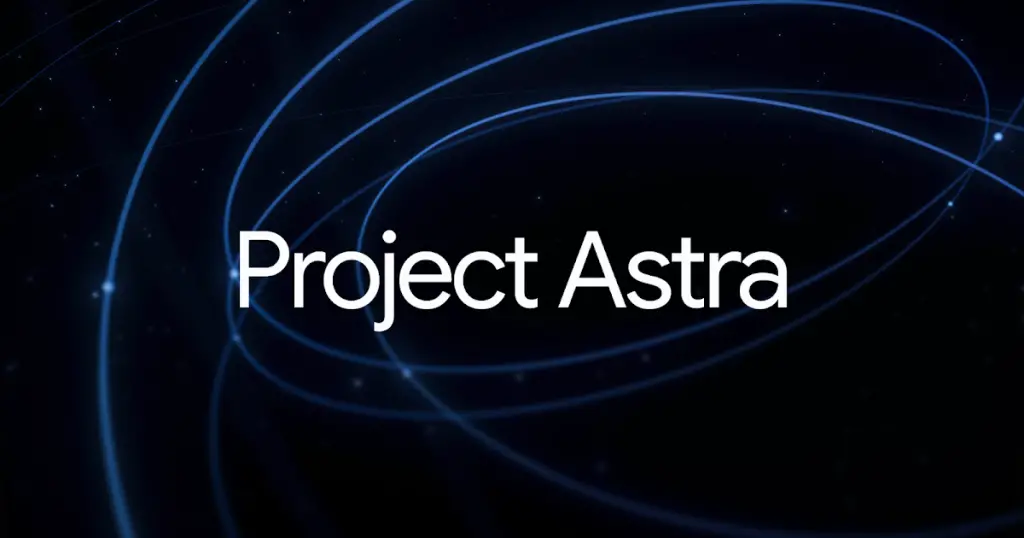
Project Astra, Google’s experimental AI assistant, can now proactively complete tasks based on what it sees through your phone’s camera. For example, it might point out errors on your homework without being asked. The new Search Live feature lets users discuss what’s on their camera in real time, further blurring the line between search and AI assistant.
Smarter Gmail and Google Meet
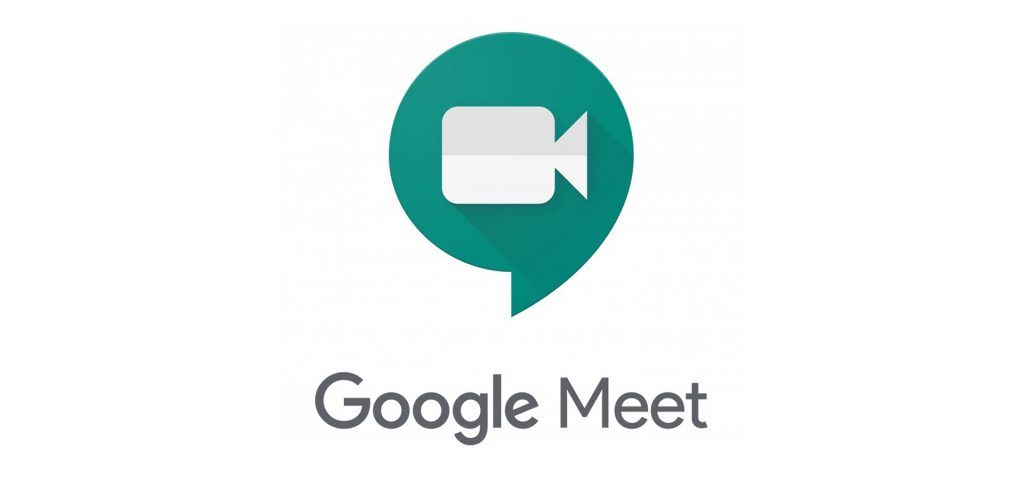
Gmail’s smart replies are getting an upgrade, they’ll now use information from your inbox and Google Drive to suggest more personalized responses, even matching the tone appropriate for the recipient. Google Meet is adding near real-time speech translation between English and Spanish, making global collaboration smoother for AI Pro and Ultra subscribers.
Other articles you may find interesting
AI Shopping and Security Enhancements
Google is testing an AI-powered virtual try-on feature, letting users upload full-length photos to see how clothes might look on them. Soon, shopping in AI Mode and an “agentic checkout” that can buy products on your behalf will be available. Chrome will also help users update compromised passwords automatically, further enhancing online security.
New Hardware: Smart Glasses and Wearables
Google is partnering with Xreal, Samsung, Gentle Monster, and Warby Parker to develop Android XR smart glasses with Gemini integration, large fields of view, and built-in cameras and microphones. Wear OS 6, based on Android 16, will bring a refreshed experience to smartwatches, and Waymo’s autonomous driving tech is expanding to more cities.
AI Ultra Subscription: Premium AI for Power Users
Google introduced a new $250/month “AI Ultra” subscription, offering access to its most advanced AI models, higher usage limits, and early access to features like Gemini in Chrome and Project Mariner, which can now handle up to 10 tasks at once.
Summary of Google I/O 2025
- Google’s advancements reflect a broader trend in tech: AI is moving from experimental labs into everyday products at an unprecedented pace. The company’s focus on multimodal AI (handling text, images, video, and audio together) puts it ahead in the race to build more intuitive, context-aware digital assistants.
- The rise of AI-powered creative tools like Flow signals a shift in how content is produced, potentially lowering the barrier for independent filmmakers and content creators.
- Google’s push into lifelike 3D video calls with Beam could set a new standard for remote work, especially as hybrid and distributed teams become the norm.
- The introduction of more proactive and context-aware AI assistants like Project Astra hints at a future where digital helpers anticipate our needs, rather than just responding to commands.
With these updates in Google I/O 2025, Google is betting big that AI will be the connective tissue for its next generation of products and services, reshaping not just how we search or communicate, but how we create, shop, and interact with the digital world.


